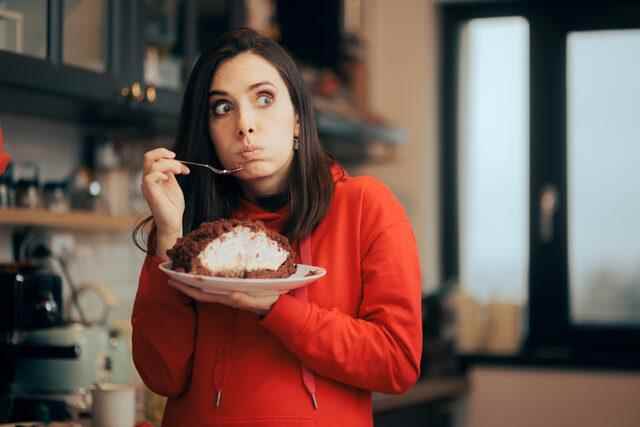Health and diet information spreading rapidly on social media can affect your health badly. It can be very difficult to separate bad advice, which can even be dangerous, from the truth.
From new supplements and diets to cleanses, recipes, exercise routines and “what do I eat in a day” videos, there’s more focus on food, health and nutrition than ever before. One study analyzed nearly 1.2 million tweets over a 16-month period and found that the discourse on diet and nutrition was largely dominated by non-health professionals.
ONLY ONE IS RELIABLE
Another study presented at the European Obesity Congress found that only one of the nine most popular weight loss influencers in the UK provides reliable, believable nutritional advice. While the results are alarming, it is true that accurate information is lifesaving. It can be difficult to determine which sources are reliable and trustworthy, especially if you are unsure of what to look for and what to avoid.
CAN HAVE SERIOUS CONSEQUENCES
While some stories, posts, or videos may seem innocent enough, many diets and supplements popping up on social media can have serious consequences.

Experts; Dozens of social media accounts that illegally sell drugs that are not approved by the Food and Drug Administration (FDA) and have been linked to many serious side effects, including liver toxicity, have taken no action.
More and more rumors began to appear in the fields of health, wellness and nutrition. Make sure you get your information from reliable sources, avoid content of which you are unsure of the source, and avoid restrictive diets or products that seem too good to be true.
